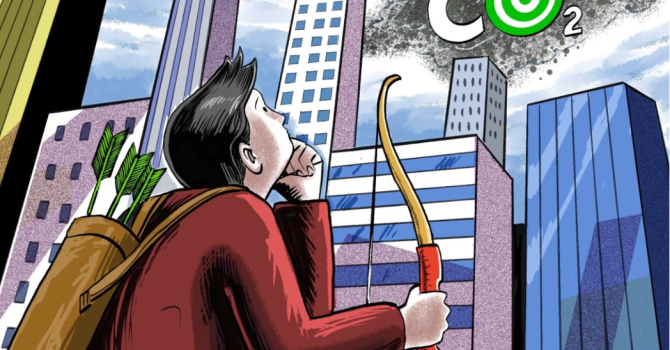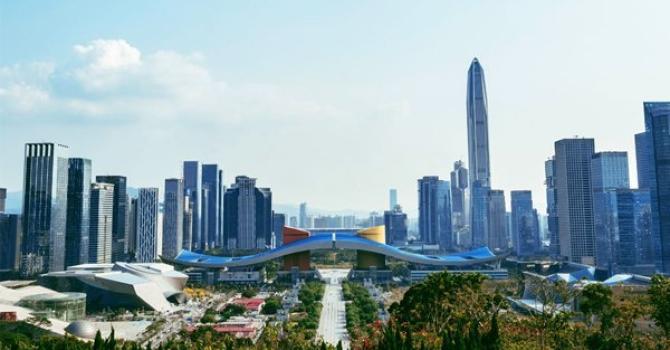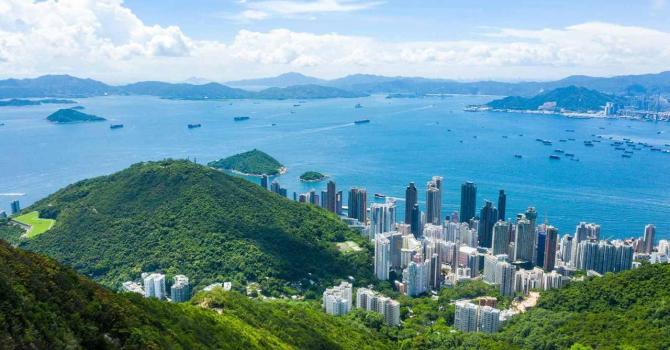Carbon neutrality needs major shift in thinking
The main purpose of the Hong Kong government’s road map on the popularization of electric vehicles is to signal that by 2035, there will be no new registration of fuel-propelled private cars, including hybrids, and by 2050, registration of such cars would not be renewed.
In other words, private cars fueled by any type of fossil fuels have a finite, although still relatively long, future as a result of Hong Kong’s pledge to be carbon neutral by 2050. The road map says these timelines will be reviewed every five years, and may be advanced depending on technology development and adoption.
A necessary precondition is to ensure Hong Kong has sufficient charging infrastructure for private electric cars. It is quite a commitment as it involves putting infrastructure in many more places. It also requires training a workforce to manage and maintain them.
Currently, Hong Kong has about 630,000 registered private vehicles — 70 percent of the city’s total vehicle fleet — of which only about 18,100 are electric cars. The 2035 timeline will presumably push private-car owners to consider switching to EVs when they buy a new car.
The government’s updated first registration tax concessions for e-private cars remains generous, and the “one for one replacement” program, in existence since 2018, is especially attractive for a car owner who replaces his or her old conventional fuel car with a new private electric car.
The government has yet to crack the fast growth in the number of private cars. Just from 2018-19, the city added 10,000 private cars. Within the past decade, the volume of increase was almost a third.
The government acknowledges it does not know what to do to control the situation. The odd thing is Hong Kong has one of the best public transport systems in the world, and yet it is unable to deter private-car ownership. It may well be time to take a fresh look at the whole transport system in light of the need to achieve carbon neutrality.
The EV popularization road map discusses in some detail the technical challenges of transforming the franchised buses, minibuses and taxi fleets.
For example, the city’s double-decker buses are larger than their counterparts in other cities, on top of which Hong Kong’s subtropical climate and hilly terrain mean the battery of the e-bus needs to be much more powerful to operate than, say, one in London. Currently, there aren’t commercially available models that Hong Kong can buy in large numbers.
Since a franchised bus service is the major passenger carrier in Hong Kong, its role in decarbonization is critical. Is there another way to consider what to do while waiting for technical advances?
There are now effectively two main operators: Transport International Holdings, which owns Kowloon Motor Bus Ltd; and Templewater Bravo, which recently bought and now owns Citybus and New World First Bus Services. They provide excellent services at very reasonable prices. The challenge is sustaining a high level of services while enabling realistic profitability as they are private commercial operators.
In the short term, efficiency has to be squeezed out of managing their operations. The government has a big say in route rationalization, management flexibility, as well as fare increases. It may well be that adopting an efficiency approach carried out at speed opens up possibilities to re-imagine the carbon neutrality transit.
No doubt this requires discussions between the government and the operators. Achieving carbon neutrality requires a revolution not only in adopting new technology but also in overall thinking, and there is a need to start immediately as a different operating model may be required.
In the cases of taxis and minibuses, there are commercially available EVs to replace them already. Apart from putting in the necessary infrastructure, the other challenge is their business model is unique to Hong Kong. That can only be addressed through policy reform. After all, vested interests cannot expect policy will never change.
Take taxis. The government stopped issuing taxi licenses in 1994. Hong Kong has what is in effect a tradable, fixed licenses system, most of which are owned by a small number of companies. Limited supply makes licenses worth millions of dollars.
These companies rent taxis to drivers whose costs are part of the fare. The vehicles used are a basic model that is relatively cheap and easy to refit. Taxis are often not in tiptop condition, as the license owners’ incentive is to spend as little as possible on the physical asset but to run it continuously. A taxi is rented out in two shifts — day and night — hence the car is on the road 24 hours to maximize income.
If this business model is to continue, it may take a very long time for the 18,000 taxis to convert to EVs. The popularization road map is silent on this conundrum.
It may be the road map’s intended focus is on what it can deal with at this stage — which is investing in charging infrastructure — and re-imagining the transport system and its business models is for another time. It will involve changing how the government regulates franchised buses, minibuses and taxi services in Hong Kong.
Nevertheless, it would be good to know the government has started to think about the need to change so that a signal could be sent to owners and operators. The route to success rests with clearly articulated targets and timelines, and through transformative collaboration.
This article is written by Christine Loh, chief development strategist, Institute for the Environment, HKUST and board member of CDP Worldwide, London; and also Jade Yung who is a freelance content and creative writer. She writes about innovation in multiple disciplines, including arts and culture, wellness and sustainability.
The article is published in China Daily https://www.chinadailyhk.com/article/164558



